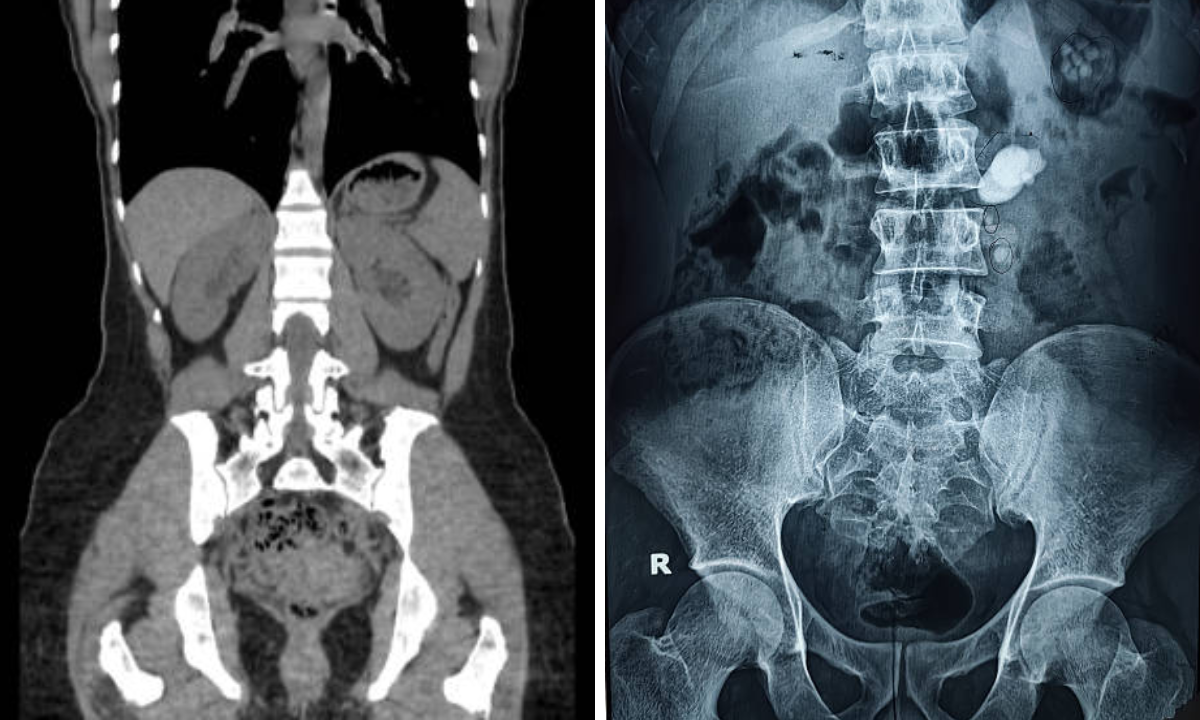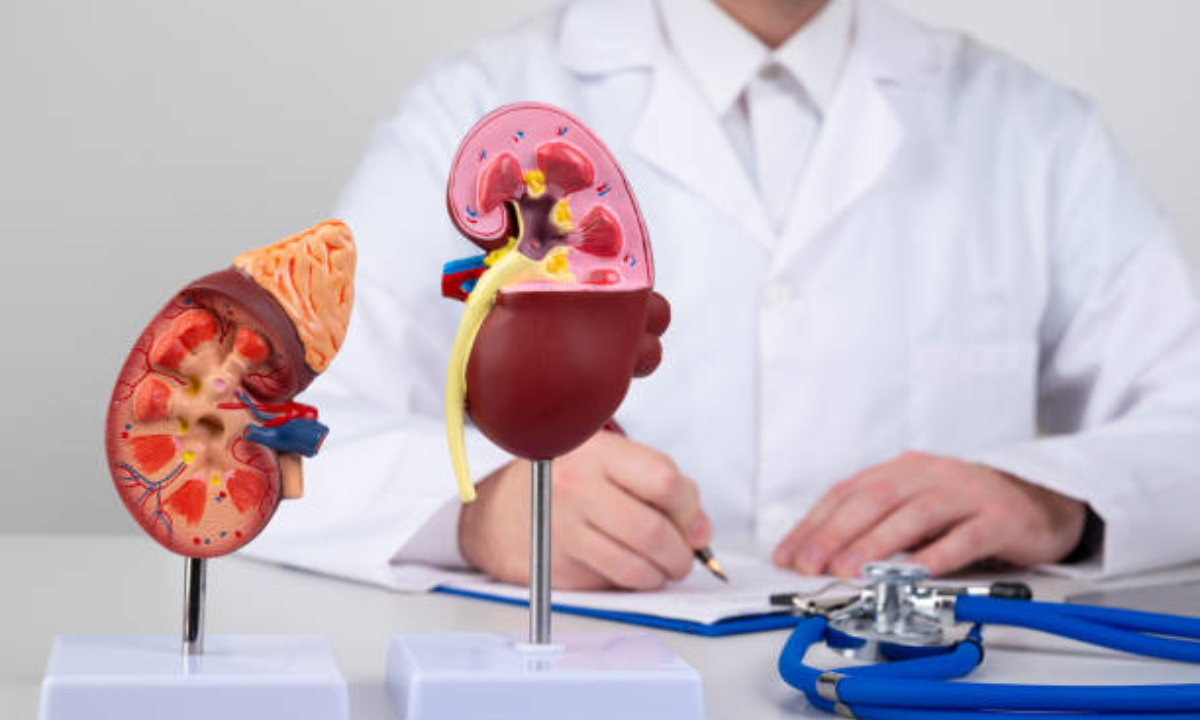The kidneys are vital organs that filter waste, regulate fluid levels, and maintain overall balance in the body. When they suffer long-term damage, the delicate tissues can develop kidney scarring, a condition that may affect kidney function permanently. While minor scarring may not cause immediate issues, severe or untreated damage can progress to chronic kidney disease. Understanding what leads to this problem, how it presents in patients, and the available treatment options is crucial for timely medical care.
What Causes Kidney Scarring?

There are several reasons why the kidneys may develop scarring. Some common factors include:
1. Urinary Tract Infections (UTIs): Repeated infections, especially in childhood, can affect the kidneys and lead to scar formation.
2. Kidney Stones: Chronic or large stones may obstruct the urinary tract, creating pressure and damage.
3. High Blood Pressure: Hypertension puts strain on blood vessels, which can result in slow and progressive scarring of kidney tissue.
4. Diabetes: Uncontrolled sugar levels damage the small blood vessels in the kidneys, eventually leading to fibrosis and scars.
5. Reflux Nephropathy: This condition occurs when urine flows back into the kidneys, often in children, resulting in long-term structural damage.
6. Injury or Trauma: Physical injury to the kidneys can also leave permanent scars.
Recognizing what causes kidney scarring is the first step toward prevention and management.
Kidney Scarring Symptoms
One of the challenges with this condition is that kidney scarring symptoms are often subtle or absent in the early stages. Many patients are unaware of the damage until it progresses. However, some symptoms may include:
- Persistent high blood pressure
- Swelling in the ankles, feet, or hands due to fluid retention
- Frequent urinary tract infections
- Blood in the urine (hematuria)
- Pain in the lower back or side
- Fatigue and reduced energy levels
- Difficulty concentrating, which may arise from toxin buildup in the blood
Because these signs overlap with other conditions, proper medical evaluation is necessary to confirm the presence of scarring.
Diagnosis of Kidney Scarring
Doctors rely on a combination of medical history, physical examinations, and advanced imaging to detect scarring. Among these, the KUB CT scan (Kidneys, Ureter, Bladder) plays a vital role.
Importance of CT Scans
- A CT scan gives detailed images of kidney structures, helping identify the extent of scarring.
- It assists doctors in ruling out other causes of kidney problems, such as tumors or large kidney stones.
- With contrast imaging, doctors can also evaluate blood flow and tissue density.
KUB CT Scan Preparation
Patients undergoing this test must follow specific KUB CT scan preparation steps, which may include fasting, hydration instructions, and avoiding certain medications. Following preparation guidelines ensures accurate results and safer scanning.
For those in metropolitan cities, opting for a CT scan in Bangalore at a reputed diagnostic centre ensures high-quality imaging and accurate interpretation by experienced radiologists.
Kidney Scarring Treatment
Although scarring itself is irreversible, doctors focus on slowing progression and preserving kidney function. The choice of kidney scarring treatment depends on the cause and severity.
1. Medications:
- Blood pressure medications such as ACE inhibitors or ARBs to reduce kidney strain.
- Antibiotics are used in cases of recurring infections.
- Diabetes management with insulin or oral drugs.
2. Lifestyle Modifications:
- Reducing salt intake to control blood pressure.
- Maintaining healthy blood sugar levels.
- Staying hydrated while avoiding overconsumption of processed foods.
- Quitting smoking and limiting alcohol intake.
3. Surgical Interventions:
- In severe reflux nephropathy or obstruction, corrective surgery may be recommended.
- Removal of kidney stones or procedures to treat structural issues in the urinary tract.
4. Monitoring:
- Regular urine and blood tests to check kidney function.
- Imaging tests to monitor the extent of scarring.
Timely and appropriate kidney scarring treatment helps many patients live a healthy life without progressing to kidney failure.
Long-Term Risks of Untreated Kidney Scarring
If ignored, scarring may gradually reduce the kidneys’ ability to filter blood. Potential risks include:
- Chronic Kidney Disease (CKD): Reduced filtration leads to toxin accumulation.
- End-Stage Renal Disease (ESRD): Patients may require dialysis or kidney transplantation.
- Cardiovascular Complications: Since the kidneys regulate blood pressure, chronic scarring can strain the heart.
- Recurrent Infections: Damaged kidneys are more vulnerable to infections, which can worsen scarring.
Preventive Measures
While not all causes of scarring are preventable, patients can take proactive steps:
- Treat urinary tract infections promptly.
- Control blood pressure and blood sugar through medication and lifestyle.
- Stay hydrated and practice good hygiene to prevent infections.
- Attend regular health checkups, especially for those with a family history of kidney disease.
Conclusion
Kidney scarring is a serious but manageable condition if detected early. Understanding what causes kidney scarring, recognizing kidney scarring symptoms, and following through with the right kidney scarring treatment can make a significant difference in patient outcomes.
Diagnostic tools like a CT scan and high-quality facilities for a CT scan in Bangalore ensure accurate evaluation and timely care. Clinics like Kiranpet offer comprehensive kidney health management, combining advanced diagnostics with effective treatment options to help patients maintain their quality of life.







